Seven Keys to Baldpate (1935) Online
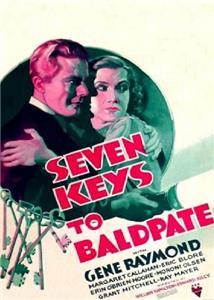
A writer, looking for some peace and quiet in order to finish a novel, takes a room at the Baldpate Inn. However, peace and quiet are the last things he gets, as there are some very strange goings-on at the establishment.
| Complete credited cast: | |||
| Gene Raymond | - | William Magee | |
| Margaret Callahan | - | Mary Norton | |
| Eric Blore | - | Prof. Harrison Boulton | |
| Grant Mitchell | - | Thomas Hayden | |
| Moroni Olsen | - | Mayor Jim Cargan | |
| Erin O'Brien-Moore | - | Myra Thornhill | |
| Henry Travers | - | Adalbert 'Lem' Peters / The Hermit | |
| Walter Brennan | - | Station Agent | |
| Ray Mayer | - | Mr. Bland | |
| Erville Alderson | - | Chief of Police Roberts | |
| Murray Alper | - | Max the Monk | |
| Harry Beresford | - | Elijah Quimby | |
| Emma Dunn | - | Mrs. Quimby |
George M. Cohan's play opened on Broadway in New York at the Astor Theater on September 22nd, 1913 and ran for 320 performances.
Erville Alderson, who plays the police chief, also appears in the 1947 version, albeit in a smaller role as the station agent (played in this version by Walter Brennan).
Both this and the 1947 version feature a character named Professor Boulton--who is not in the play on which they are based.
The fourth film version of "Seven Keys," this one does not contain any of the meta "story within a story" elements of the 1929 film.
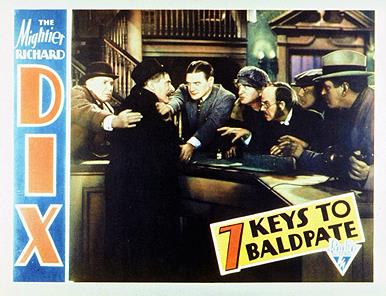


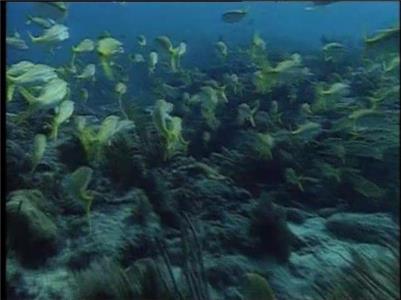
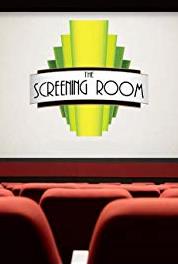
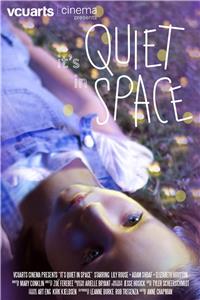

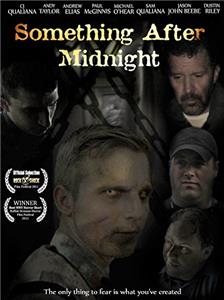
User reviews